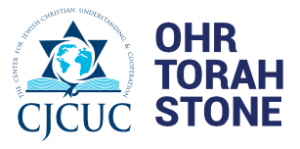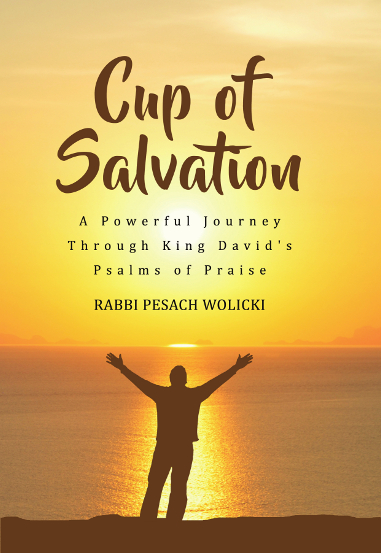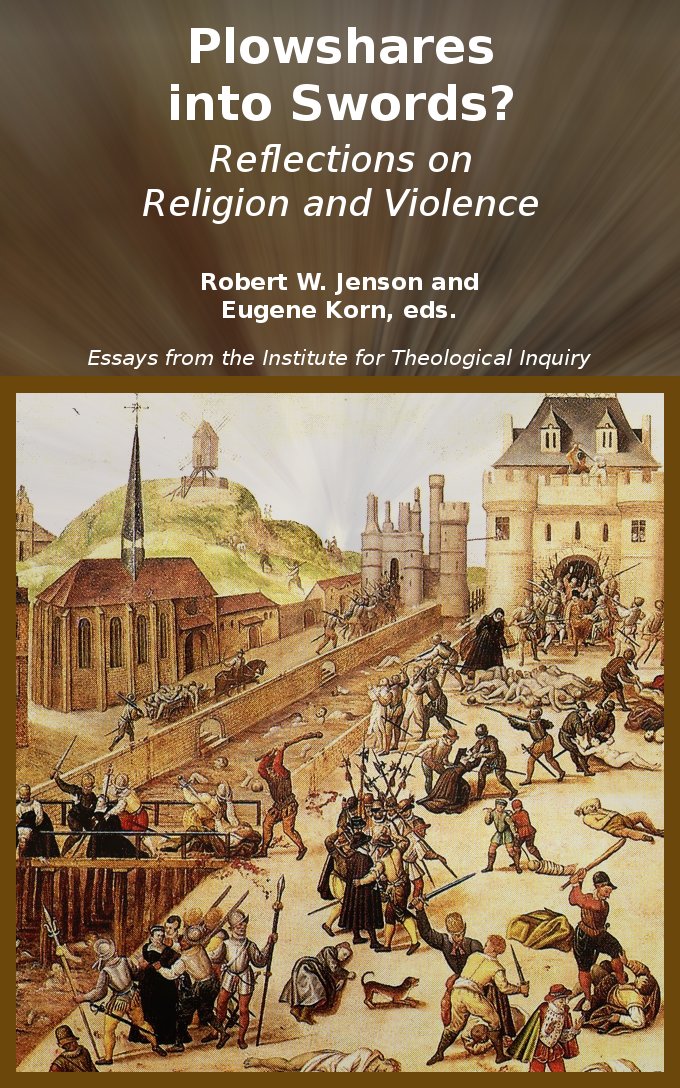Project Overview
The Institute for Theological Inquiry (ITI) is an ongoing theological enterprise that is a division of the Center for Jewish-Christian Understanding and Cooperation in Efrat, Israel. Its American partner is the Witherspoon Institute of Princeton, New Jersey. ITI’s objective is to engage world-class theologians in an effort to break new theological ground through focused research projects in areas critical to Judaism, Christianity, social values, and world culture. Through its research, ITI aims to develop rich new foundations for cooperative Jewish-Christian understanding as well as spiritual and moral values that will bear on global religious, cultural, and political life in the 21st century. It is the goal of ITI that its research be adapted and utilized as pedagogical tools in educational settings.
Rabbi Eugene Korn serves as Director of ITI. He and Dr. Robert Jenson of the Witherspoon Institute serve as co-directors of ITI’s theology projects.
ITI Research Project Structure
ITI research projects run in two-year cycles. Each project engages two teams, each consisting of seven internationally prominent thinkers from Israel, America, and Europe. Participants are chosen by the co-directors and ITI’s advisory committee. One project team conducts research on formal theological topics; the other conducts research on broader philosophical, moral, and cultural themes that bear directly on religion and theology. Project teams are balanced between theologians from Jewish, Catholic, mainline Protestant, and Evangelical theological traditions.
After research topics and participants are chosen, participating scholars meet in the United States for a day and a half of briefings, introductions, and discussion. Each theologian then pursues his research at his home location for approximately six months before the teams reconvene in Israel for four days to share initial research and engage in discussion and critique of the initial drafts of their papers. Scholars then continue their research at their home locations for another six to eight months before reconvening for review of the final versions of their work. Approximately four months later, the book containing the research is published, and ITI conducts conferences in America and Jerusalem, at which the final papers are delivered and discussed.After the publication of the volume, consideration is given to adapting the papers to an effective pedagogical format and conducting student seminars around the research.
The 2011-2012 Research Project
The Project Topics
Because the State of Israel is central to Judaism, contemporary Jewish identity, and to new, developing Jewish-Christian relations, “The Significance of the Jewish Return to Zion” is one of the two project topics. Mindful of the critical role that religion plays in contemporary culture, politics, and ethics, the directors have chosen “Religion, Violence, and War” as the second project topic.
The Significance of the Jewish Return to Zion
Zionism and the founding of the State of Israel pose challenges to both Christian and Jewish theology. Few Christian religious thinkers have turned their attention to the meaning of the Jewish State, while Jews have tended to interpret Israel either in messianic categories or in exclusively political terms. How, if at all, can the 20th-century Jewish return to its biblical homeland be understood in religious terms and what is its relationship to the biblical promise to the covenanted people of Israel? Does the Jewish return weaken or strengthen the Christian claim that the Church is the fulfillment of the biblical promise? What are the implications of Israel for modern religious politics and ethics? Can Zionism escape the extremes of messianic determinism on the one hand and thorough-going secular politics on the other? ITI invites each scholar to analyze the Jewish return to Zion in light of theology and contemporary thinking.
Religion, Violence, and War
The second half of the 20th century and beginning of the 21st century have witnessed a revival of religious faith and fervor, so that religion today exerts a powerful effect on world politics and culture. Contemporary religion has also fueled extremism and violence. If faith celebrates irrationality and is harnessed to political power, it can be conducive to warfare and inimical to compromise and peaceful resolution of conflicts. Whether religion will be used for war and violence or lived as a force of greater tolerance, ethics, and human understanding is one of the central issues for the future of the human family in the 21st century. ITI scholars are invited to reflect on the relation of religion and violence and offer directions for a theology of human cooperation and moral values.
2011-2012 Research Project Scholars
The Significance of the Jewish Return to Zion
Robert Jenson, ITI (Group Leader)
Gary Anderson, University of Notre Dame
Benjamin Ish Shalom, Beit Morasha/Bar Ilan University
Daniel Gordis, Shalem Center
Craig Blaising, Southwestern Baptist Theological Seminary
Petra Heldt, Hebrew University
Peter Ochs, University of Virginia
Leora Badnitsky, Princeton University
Religion, Violence, and War
Eugene Korn, ITI (Group Leader)
William Cavanaugh, DePaul University
Don Seeman, Emory University
Meir Soloveitchik, Princeton University
Kurt Richardson, McMaster University
Shlomo Fischer, Hebrew University
Christopher Leighton, Institute for Christian-Jewish Studies
Eric Gregory, Princeton University
Past Events
Covenant and Mission and Relation to the Other and Hope and the Responsibility for the Human Future (Conference)
February 6-7, 2011; Jerusalem, Van Leer Jerusalem Institute
Covenant and Mission and Relation to the Other and Hope and the Responsibility for the Human Future (Conference)
October 24-25, 2010; New Haven, Connecticut, Yale University
ITI Past Research Project Topics
The first ITI research project ran from September 2008 to October 2010 on the subjects of:
– Covenant, Mission, and Relation to the Other
– Hope and Responsibility for the Human Future
Future research subjects include:
- Religion, Sexuality, and the Human Body- Democracy and Religious Authority – Messianism in the 21st Century
- Religion, Death, and Immortality
- Jewish and Christian Biblical Hermeneutics
- Family, Children, and Marital Fidelity
- Election and the People of Israel
- Judaism and the Ministry of Jesus


